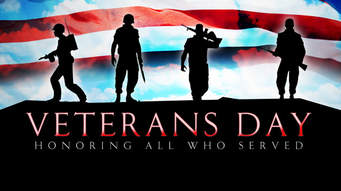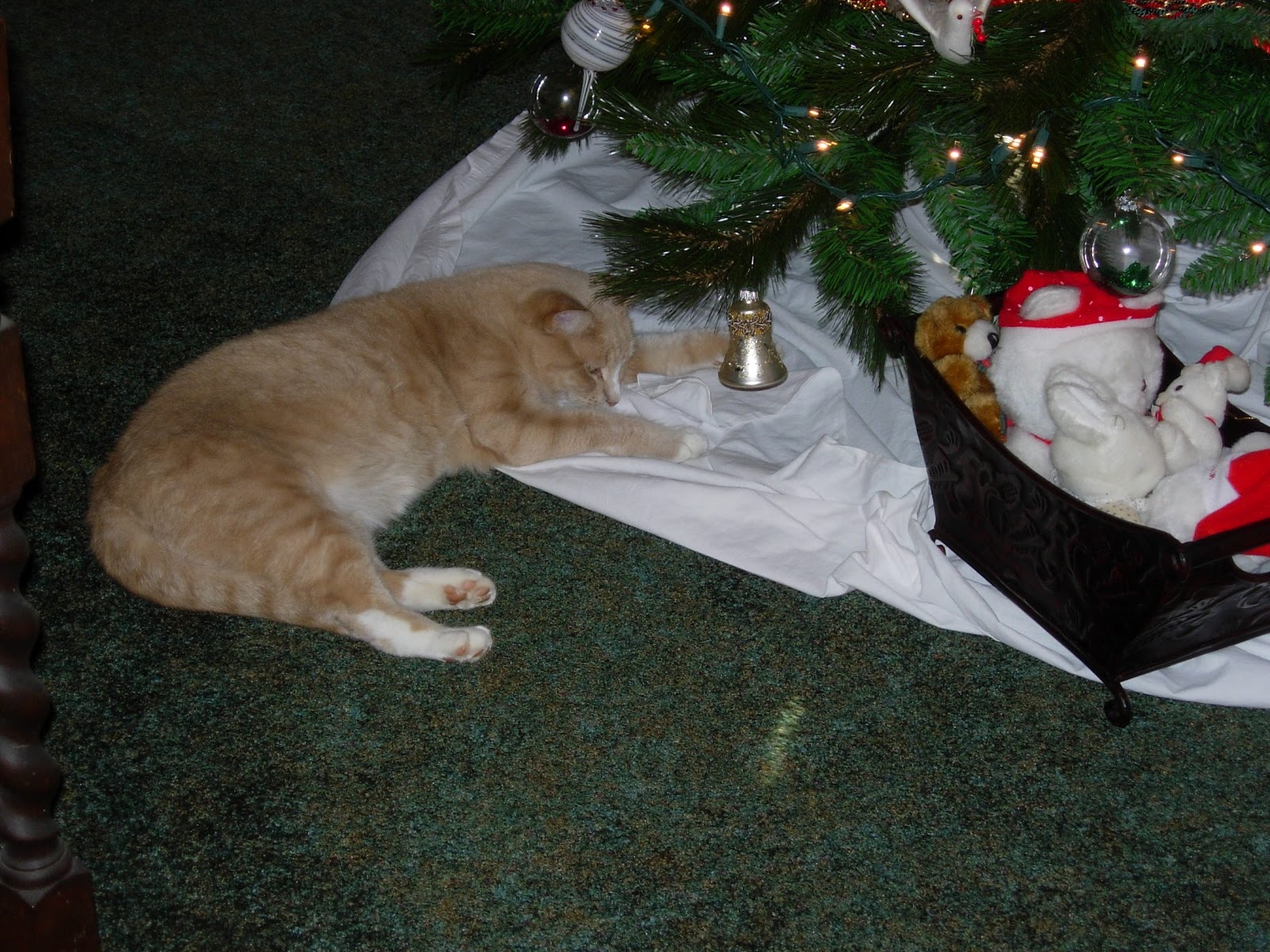Those who are regulars on this blog have read this essay before. I run it every Veteran’s Day to remind me of what our service men and women do and what ghosts they bring home. I hope you enjoy the rerun.
Dedicated to the management and staff at Applebee’s,
Bedford, VA
The black man sat alone in a large booth in an Applebees restaurant filled with friends and family honoring our veterans on 11.11.11. When he arrived, the manager asked, “Would you like to sit with other veterans?”
He shook his head. “I’d rather eat alone if that is all right.”
“Of course.”
The manager led him to a large booth, the only one open, at the side of the restaurant and handed him the special menu for Veterans Day. Every year for the “Veterans eat free” promotion, it was always the same: sit alone, eat, leave. Every year the manager tried to get the man to join with others, but failed.
He measured every bite of his free dinner slowly. He drank nothing but coffee and spoke with no one. Was he a Vietnam vet? He didn’t look old enough. Was he a combat vet from Persian Gulf War? The age seemed right.
Veterans walked over to greet the man and ask if they could join him. He shook his head. No, he wasn’t feeling like company. He didn’t look up. The vets moved away and found others to share a meal with.
A little boy broke away from his father’s hand.
“Mister, are you a veteran?”
“I am.” The man looked at the boy.
“My daddy was in Iraq. What war were you in?”
“I wasn’t in a war.”
The boy’s father retrieved his son, apologized for interrupting the man’s dinner and moved to his family’s booth.
“But, Daddy, if he wasn’t in the war, why does he get to eat here today?” The little boy’s voice rang through a quiet moment amid the usual cacophony of shouted greetings and hellos.
“Because, Ben, many men and women are veterans, but they never went to war. We need them to help keep America safe during peace, too.”
The boy crawled into their booth, his face frowning over his father’s lesson.
Halfway through his Salisbury steak and macaroni and cheese, the man looked at a vet across the aisle from his booth. They recognized the emptiness in each other’s eyes.
“Army?”
The man shook his head. “Air Force.”
“Where?”
“Dover.” The man looked at his plate. The conversation was over.
The Army vet whispered to another vet. “He was at Dover.”
“Think he was a crew dog?” asked a third man.
“Nah, seen a lot of crew dogs. He never worked the flight line. He was inside somewhere.”
“Don’t look like an officer,” said the original vet.
“Might have enlisted right out of high school,” said the man who knew the black man wasn’t a crew dog.
“Coulda been in an office job. Logistics. Payroll. Something like that.”
“You don’t get that thousand-yard stare flying a desk.”
Other vets in the restaurant joined the whispered conversation. They kicked around what kind of job the man had held that left him haunted.
“Maybe he was in the clinic. Get to see a lot of sick and injured there.”
“Maybe. He don’t look like a combat vet. ’Sides, he told the kid he wasn’t in the war.”
“Peacetime guys see shit, too. Sick and injured. Dead.”
“Don’t Dover get the bodies from Afghanistan and Iraq?’
“Yeah. Wonder if he was on part of the honor guard.”
“Could be. Thought most of them guys was younger. He seems too old for unloading flag-draped coffins in the middle of the night.” The second vet wouldn’t let the issue die.
“Someone has to do it,” said the first vet. “Maybe he saw too much of what’s in those boxes. Young kids. Someone like his own son, maybe. Had to be hard looking at dead kids.”
“Never forgot what it’s like to see your best friend blown to bits,” said an older vet.
“He’s got the look, don’t he, Rex?”
“If he wasn’t in combat, he most likely was in the Dover morgue. Bad enough to be shot at. Worse to have to put the pieces back together for the families. Most IED dead don’t leave much behind,” Rex said.
“He’s alone. Bet his wife and family dumped him. Hard to live with a guy full of demons. Wife left me, too. Never understood the darkness didn’t involve her. She moved out. I tried to move on. Damned hard sometimes.”
“Hear you, man.”
Tables emptied as veterans and their families finished their meals. New vets arrived. Someone would whisper “Dover” and jerk a head at the man sitting alone.
No one asked what haunted him, the man with the thousand-yard stare. Veterans walked past his booth, dropped hands on his shoulder and moved on. He sat straight, frozen, neatly dressed in clean jeans, a shirt and zippered jacket. His ball cap rested on the bench seat beside him. Head and face shaved. He couldn’t acknowledge the support his fellow vets tried to give him.
Alone. On Veterans Day. As was his wish. He kept his head down and ate with complete concentration, lost in his thoughts. He paid for his coffee, asked for a go cup, and carefully dressed it with two creams and two sugars. He stirred, put the lid on, set his cap on his head and worked his way off the bench seat. He passed the boy’s table.
“Mister?” The little boy stood in front of the man. He held out his small hand.
The man reached out and shook it.
“Thank you,” said the little boy.
The little boy saluted. The man straightened his shoulders, held his head high and saluted. He looked at the father and his son, nodded and walked slowly out of the restaurant, a black veteran alone, his cup of hot coffee clutched in his hand.





0 Comments